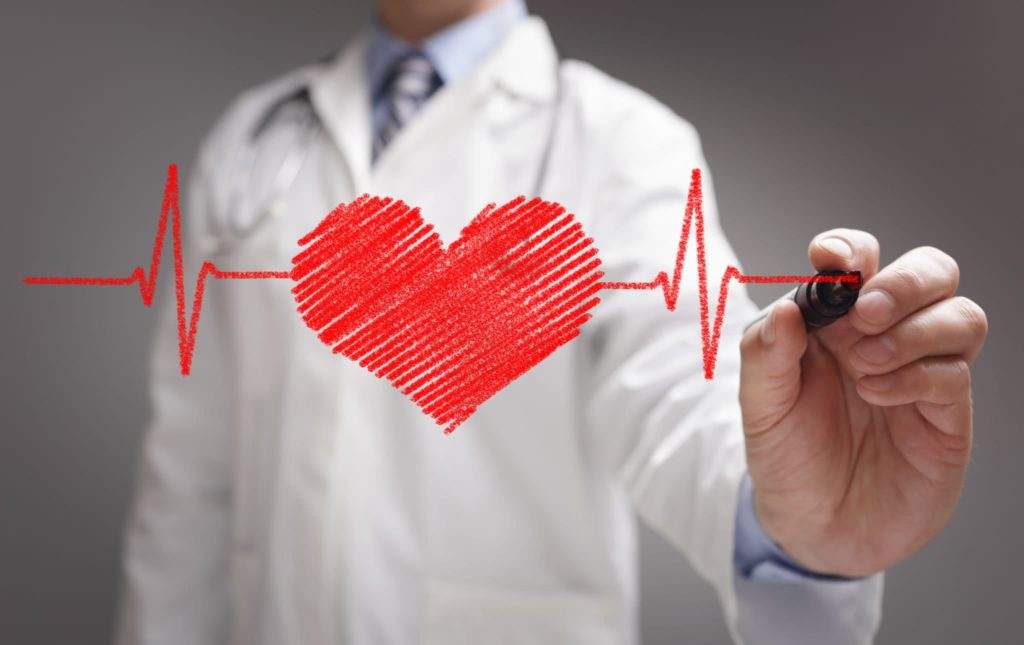
A heart stroke, commonly known as a heart attack, is a serious and life-threatening medical event that can strike suddenly and without warning. Understanding the signs, symptoms, and prevention measures is crucial for maintaining a healthy heart. In this article, we’ll explore heart stroke in detail, as well as the role of a diagnostic lab in Kolkata & Bhopal in early detection, and how to maintain a healthy heart for prevention.
Heart Stroke: Signs and Symptoms
A heart stroke occurs when the blood flow to a part of the heart is blocked, usually due to a blood clot. Recognizing the signs and symptoms of a heart stroke is essential for prompt medical intervention. Common symptoms include:
Chest Pain or Discomfort: A feeling of tightness, pressure, or squeezing in the chest, often lasting for several minutes or coming and going.
Pain in the Upper Body: Pain or discomfort may radiate to the arms (usually the left arm but can affect both), neck, jaw, shoulders, or back.
Shortness of Breath: Difficulty in breathing, often accompanied by a feeling of impending doom.
Nausea and Vomiting: Some people may experience nausea, vomiting, indigestion, or heartburn-like symptoms.
Lightheadedness or Dizziness: Feeling faint, dizzy, or lightheaded can be a warning sign of a heart stroke.
Cold Sweats: Profuse sweating, often described as “clammy” or “cold.”
Role of a Diagnostic Lab in Kolkata: Early Detection
A diagnostic lab plays a crucial role in the early detection of heart stroke risk factors and allows for timely intervention. Here’s how:
Blood Tests: Diagnostic labs can perform lipid profile tests to measure cholesterol levels and glucose tests to check for diabetes, both of which are risk factors for heart stroke.
ECG (Electrocardiogram): An ECG records the electrical activity of the heart and can detect irregularities or signs of a previous heart attack.
Cardiac Enzyme Tests: These tests measure the levels of enzymes like troponin in the blood, which can indicate damage to the heart muscle.
C-Reactive Protein (CRP) Test: Elevated CRP levels are associated with inflammation in the body and can be a risk factor for heart disease.
Prevention Measures for a Healthy Heart
Preventing heart stroke involves adopting a heart-healthy lifestyle. Here are some key steps:
Maintain a Healthy Diet: Consume a balanced diet rich in fruits, vegetables, whole grains, lean proteins, and low-fat dairy products. Limit saturated and trans fats, as well as sodium and added sugars.
Regular Exercise: Engage in regular physical activity, aiming for at least 150 minutes of moderate-intensity exercise or 75 minutes of vigorous-intensity exercise each week.
Quit Smoking: Smoking is a major risk factor for heart stroke. Seek support to quit smoking if you’re a smoker.
Manage Stress: Chronic stress can contribute to heart disease. Practice stress-reduction techniques like deep breathing, meditation, or yoga.
Limit Alcohol Consumption: If you drink alcohol, do so in moderation. Excessive alcohol consumption can increase the risk of heart stroke.
Control Chronic Conditions: Manage conditions like high blood pressure, diabetes, and high cholesterol through medication, lifestyle changes, and regular check-ups.
Maintain a Healthy Weight: Achieve and maintain a healthy weight to reduce strain on the heart.
Regular Health Check-Ups: Schedule regular check-ups at Health Care Diagnostic Clinic & laboratory Services to monitor your heart health and assess risk factors.
In conclusion, understanding the signs and symptoms of a heart stroke is crucial for prompt action. A diagnostic lab in Kolkata & Bhopal can provide essential tests to assess your risk factors. However, prevention remains the best approach to maintain a healthy heart. By adopting a heart-healthy lifestyle and addressing risk factors, you can significantly reduce the chances of experiencing a heart stroke and enjoy a longer, healthier life.


